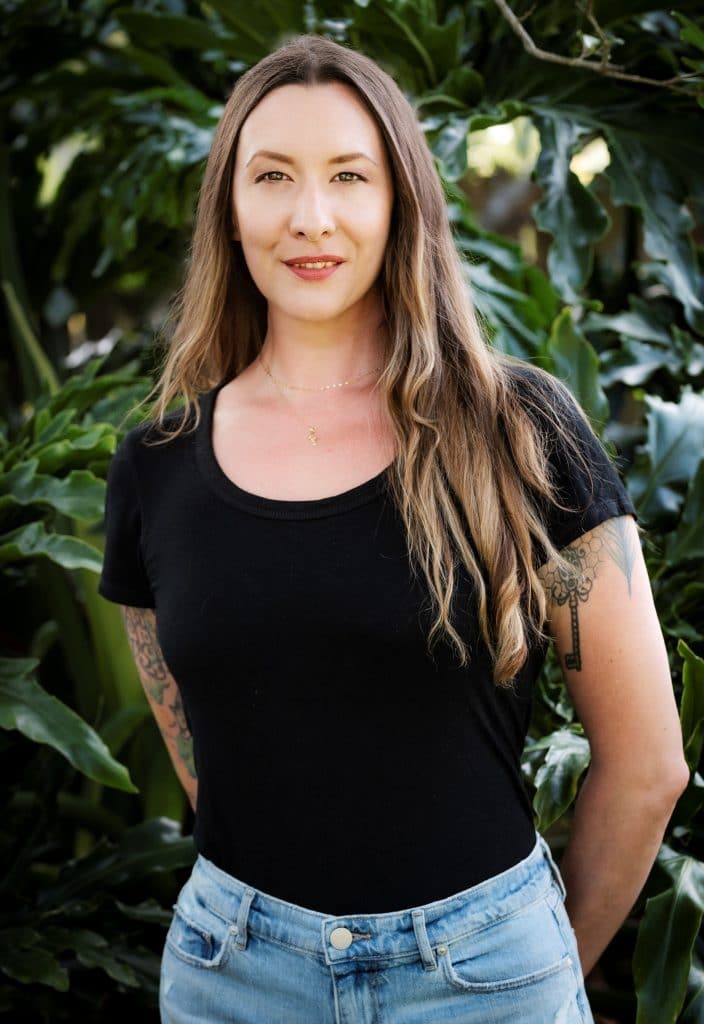PUBLISHED: 13th May 2021

by Tara Dalton Mehlich
In 2008, after testing positive for a BRCA2 gene mutation, I decided to have a preventive double mastectomy to avoid meeting the same fate as my mother, her mother and several maternal aunts who all lost their lives to breast cancer after protracted battles. I knew that the surgery would be the first of many preventive steps to mitigate my risk of cancer and maintain my health. After mastectomy, I experienced grief in different ways: reliving the losses of my family members, the loss of my natural breasts, and the loss of the mobility I took for granted. My new breast implants prevented me from being as active and carefree as I once was.
Mourning the Loss of Breast Sensation
I also mourned the loss of sensation in my new breasts after some time and acceptance.
I awaited the return of sensation to no avail as I told myself the numbing agents just hadn’t worn off yet or that it would just take time to feel again. At the time, I didn’t realize that the nerves that provide sensation to my chest were removed along with the rest of my breast tissue. I might have also been experiencing some denial. The doctor who performed my mastectomy and initial reconstruction had only quickly mentioned that “it was possible” for me to lose sensation which sounded dubious but hopeful. Finally, I realized that I had fully and permanently lost sensation and that I would likely never feel my chest again. I had lost connection to the nerves in that part of my body and grieved, among other things, the feeling of a tight friendly embrace, a gentle touch, even the breeze across my skin or the feeling of a well-crafted garment. I had worked to make peace with that loss as best I could, and rather than interact fully with the world around me, I developed a protective shell and became hyper-aware of my implants and I was afraid to compromise or rupture them.
Ruptured Implant Provides New Opportunity
Ten years later, without warning or provocation, one of my silicone implants ruptured silently for reasons still unknown to me. I felt that I had to have both of them removed as quickly as possible, as I did not understand the repercussions of a ruptured foreign body inside my own. As I planned my implant removal and secondary reconstruction with a DIEP flap, my surgeon suggested that a short microprocedure with a nerve graft called Resensation might help me regain feeling. Done during the DIEP flap procedure, the nerve graft would reconnect chest nerves that were cut during my mastectomy to nerves in the flap. I was intrigued but I held the promise of sensation at arms-length and did not allow myself to become too excited. I couldn’t hold my breath for that, and I had to take any promises or forecasts of sensation with a grain of salt. I had lost some faith in the words of doctors who were not in my body with me, who would never know the disparity of self and body or the disappointment of a loss of that kind.
Sensation Returns
Then, a couple of months or so after my procedure, I felt a small pinch in my breast as I was healing. It was just a quick little pain that to me was a clear indication of activity in a place that had been completely off-line for more than 10 years! Gradually, with the help of the surgical nerve graft technology, I regained full sensation in my chest. I could not be more grateful to fully feel my breasts again! I am beyond grateful for the advent of this technology. To say it has been life-altering falls short. I truly feel like a new version of myself with a renewed hope in medical advances and preventive medicine.

Tara Dalton Mehlich lives in Palm Bay Florida with her husband Lee, their dog Dodger and their cat, Kitden. Tara loves gardening, decorating her home, cooking, doing cardio and yoga. She is currently studying Food Science through Ohio State University and taking local classes in the Dramatic Arts.